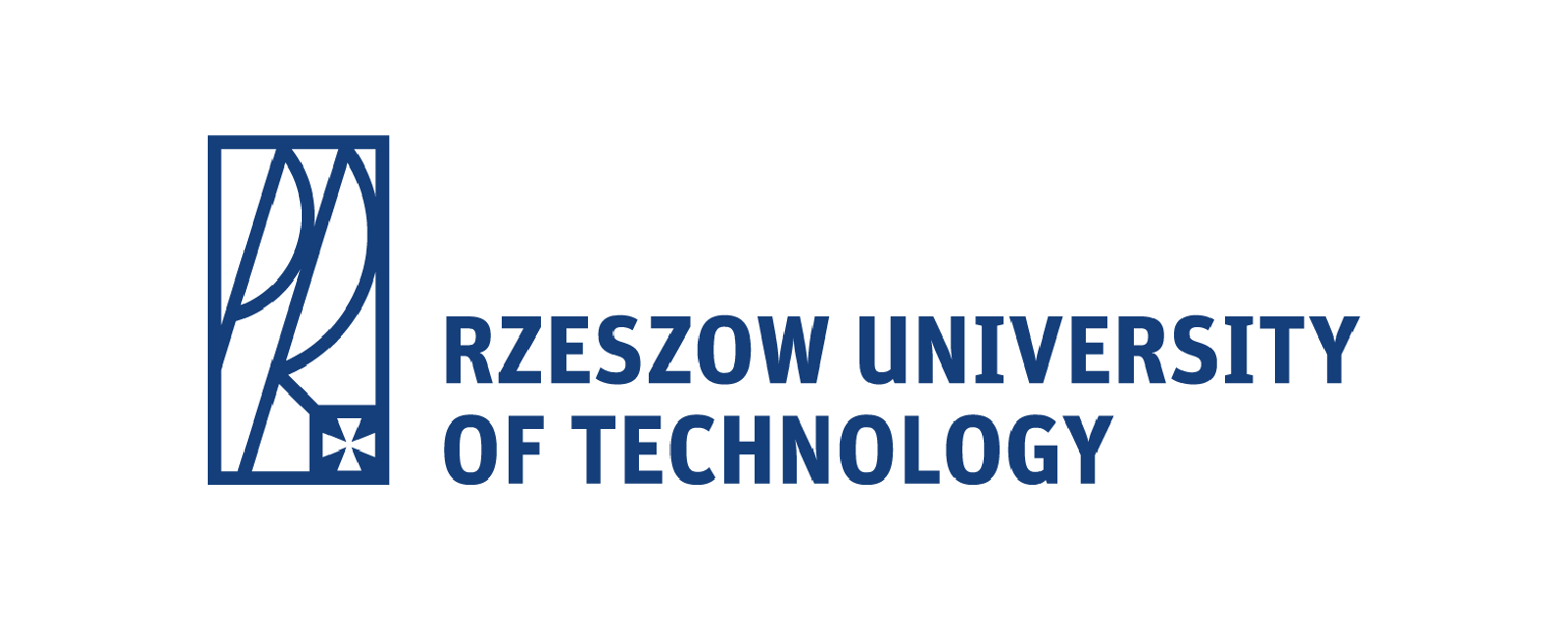Date of the course: 03/04/2023 - 08/05/2023
Price: 1450 PLN
Contact:
Rzeszow University of Technology
Faculty of Management
Department of Enterprise Management
Secretariat:
room: 415
phone: +48 17 865 30 41
e-mail: zzp@prz.edu.pl
Course 2: Computer aided research techniques – interdisciplinary collaboration of scientific disciplines and industrial sectors
Course information
About the course
A graduate of the course receives theoretical and practical preparation to expand knowledge and skills in the field of the latest technologies. The course allows you to gain modern and useful knowledge about: the basic concepts of intellectual property, regional innovation systems, and methods of empirical data analysis; methodology and typology of scientific research in the IT industry; the basic procedures, test stands, and methodologies used for the aims of interdisciplinary research.
Course program
- Methodology of conducting experiments in the IT industry - part I - statistical methods, data acquisition and analysis (10 hours)
Part 1. Statistical analysis of data sets: theoretical and historical background. Stationarity vs non-stationarity, ergodicity. Data gathering, validation and preparation for statistical analysis. Example of data collecting with the use of operating system performance monitor.
Part 2. Statistical properties of self-similar processes, spectral density, R/S statistics. Analysis of probability density functions, power-laws. Presentation of selected statistical methodologies related to analysis of fractal and multifractal analysis. Visualization of data.
- Methodology of scientific research in the IT industry (5 hours)
Typology of innovative activities. Life cycle of a research project. Technology readiness level indicators. Components of a feasibility study.
Experimental development work. The stages of the implementation of the prototype of the IT system in the research and development project.
Implementation of the project results. Product commercialization. Strategy for the commercialization of the results of research and development projects.
- Experimental research methodology (5 hours)
Strategy of experimentation. Typical applications of experimental design. Guidelines for designing experiments. Modelling and optimization of manufacturing processes with the use of statistical methods and soft computing. Factorial design method and its application in manufacturing processes. Taguchi method and its application in manufacturing processes. Response surface methodology.
- Design of experiments (5 hours)
Design of Experiments (DoE) basics. Complete and fractional plans for two-stage factors. Screening plans for two-step factors. Designs for quadratic factor effects. Design of Experiments via Taguchi Methods - Orthogonal Arrays. Statistical process control (SPC) procedures help you monitor process behavior.
- Test stand configuration and maintenance in technological research (5 hours)
Test stands configuration. Overview of devices and machines used in technological research. Experimental data in technology. Practical aspects regarding the work of R&D departments of manufacturing firms. Maintenance and reliability of research equipment.
- Intellectual property, property rights (3 hours)
Defining the concept of intellectual property. Characteristics of basic goods in the field of intellectual property. Legal bases of intellectual property protection of national and international character. Personal and property copyrights - the essence and differences. Regulation of economic copyrights - license agreements. Goods in the field of industrial property - inventions, utility models, industrial designs, trademarks, geographical indications and their importance in business.
- Methods of Empirical Data Analysis (6 hours)
Retrieving data from external sources, Using Ms Excel in data analysis - database preparation, Methods of selecting models for empirical data, Modeling of economic phenomena using the least squares method, Assessment of model fit to real data, Forecasting based on linear models.
- Regional innovation systems (6 hours)
Regional Innovation Strategies for smart specialization as a tool for building an innovation system based on shaping the regional policy. Assessing the potential of countries and their regions in building a competitive advantage by developing and combining their strengths in research and innovation with business needs. Practical adjustment of development directions to the specific socio-economic conditions of regions. Optimizing the strategy for economic development by investing in precisely defined areas. Investment activities allowing for better use of resources and funds.




